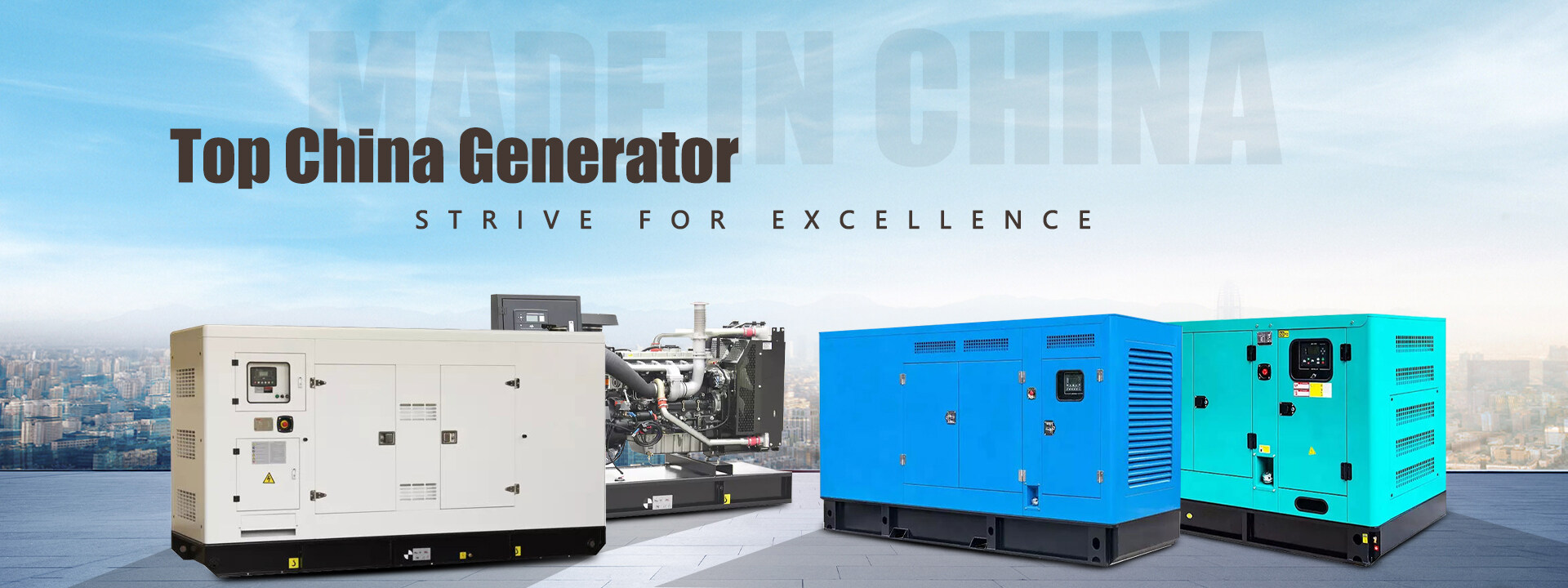Uninterruptible Power Supply vs Generator: Which Is Right for Your Power Needs?
In our increasingly digital world, ensuring a reliable power supply has become more critical than ever. From powering our homes to keeping businesses operational, a constant and dependable energy source is essential. When it comes to maintaining power during outages, many people find themselves choosing between an uninterruptible power supply (UPS) and a generator. While both devices serve to keep the lights on during a power interruption, they have distinct differences that make them suitable for different scenarios. In this blog, we’ll delve into the specifics of uninterruptible power supplies versus generators, comparing their benefits, drawbacks, and best-use cases.
Understanding Uninterruptible Power Supplies (UPS)
An uninterruptible power supply is a device that provides emergency power to a load when the main power source fails. UPS systems are typically used to protect electronic equipment from power disruptions and surges. Here’s a closer look at how they work and their primary benefits:
How It Works
A UPS unit contains a battery that kicks in immediately when it detects a power outage or drop in voltage. This allows for a seamless transition from grid power to battery power. In essence, a UPS offers an uninterrupted flow of power, hence the name.
Key Benefits
Instant Power Transfer: The most significant advantage of a UPS is its ability to provide instant power during an outage. This is crucial for sensitive electronics and systems that cannot tolerate even a brief power disruption.
Power Conditioning: UPS units often come with built-in surge protectors and voltage regulators, helping to safeguard connected devices from power spikes and dips.
Compact and Quiet: Most UPS systems are relatively compact and operate quietly, making them suitable for use in office settings or homes where noise is a concern.
Short-Term Backup: A UPS is ideal for short-term power backup. It typically provides power for a few minutes to a few hours, which is enough to allow you to save your work and shut down equipment properly.
Best Use Cases
- Computer Systems: For servers, personal computers, and networking equipment that need to stay online and protected during brief outages.
- Medical Equipment: For devices that require continuous power, such as life-support machines.
- Home Electronics: For protecting TVs, gaming consoles, and other sensitive electronics.
Exploring Generators
Generators, on the other hand, are designed to provide power during prolonged outages. They come in various sizes and types, and they serve as a backup power source for a range of applications. Here’s an overview of how they function and their advantages:
How It Works
Generators run on fuel, such as gasoline, diesel, or natural gas, to produce electricity. When a power outage occurs, the generator automatically starts up and begins supplying power to your home or business. Unlike a UPS, which relies on batteries, generators use fuel and are capable of running for extended periods.
Key Benefits
Extended Power Supply: Generators can run for hours or even days, depending on the fuel supply, making them suitable for long-term power outages.
High Power Output: Generators come in various capacities, from small portable units to large standby systems, providing enough power to run entire homes or businesses.
Versatility: Portable generators can be used for a wide range of applications, from powering tools at a construction site to providing backup power during outdoor events.
Automatic Operation: Many modern generators come with an automatic transfer switch, which ensures they start and stop seamlessly when the main power source fails or returns.
Best Use Cases
- Whole-House Backup: For maintaining power in all home appliances, heating, and cooling systems during extended outages.
- Commercial Use: For businesses that need to keep operations running, including supermarkets, data centers, and manufacturing plants.
- Remote Locations: For areas where access to the electrical grid is limited or non-existent.
Uninterruptible Power Supply vs Generator: Key Comparisons
When deciding between a UPS and a generator, consider the following factors to determine which is best for your needs:
1. Duration of Power Supply
- UPS: Best for short-term outages, usually ranging from a few minutes to a couple of hours. Ideal for protecting sensitive electronics and providing temporary backup.
- Generator: Suitable for long-term power outages. Can run for extended periods as long as fuel is available, making it ideal for whole-house backup or commercial applications.
2. Power Requirements
- UPS: Provides a stable power source for devices with lower power needs. Its capacity is generally measured in VA (volt-amperes) or kVA (kilovolt-amperes) and is suitable for smaller loads.
- Generator: Offers higher power output, making it suitable for running multiple appliances, HVAC systems, and industrial equipment. Its capacity is measured in watts (W) or kilowatts (kW).
3. Installation and Maintenance
- UPS: Generally easy to install and maintain. Most models are plug-and-play, requiring minimal setup. Maintenance typically involves checking battery health and occasional replacement.
- Generator: Requires more complex installation, often involving professional help. Maintenance includes regular checks on fuel levels, oil changes, and ensuring the generator is in good working condition.
4. Cost
- UPS: Generally less expensive upfront compared to generators, but the cost of battery replacements and limited backup duration should be considered.
- Generator: Higher initial cost, but provides a long-term solution with ongoing fuel expenses. The overall investment may be higher, but it offers more extensive backup capabilities.
Conclusion
Choosing between an uninterruptible power supply and a generator depends largely on your specific power needs and circumstances. A UPS is ideal for short-term, immediate backup power for sensitive electronics, while a generator is better suited for long-term power supply needs and larger-scale applications. By understanding the key differences and considering your power requirements, you can make an informed decision that ensures you’re prepared for any power interruption, big or small.
Whether you need the instant protection of a UPS or the extended power of a generator, both devices play a crucial role in maintaining power reliability. Evaluate your needs, assess the pros and cons of each option, and choose the solution that best fits your situation.


